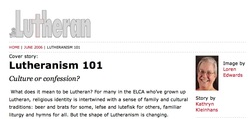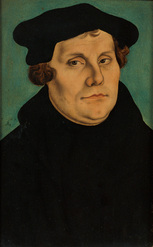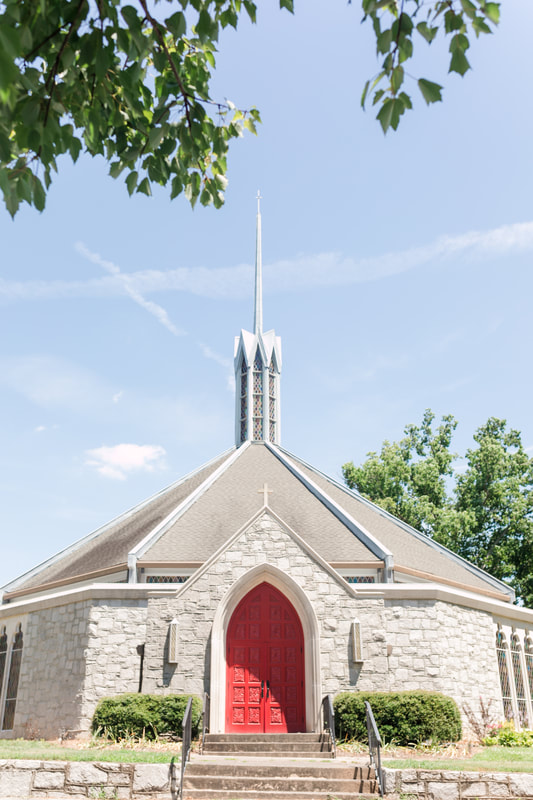What Lutherans Believe
|
Lutherans hold to the basic principles of theology and practice espoused by Martin Luther:
|
Who was Martin Luther?Martin Luther (b. November 10, 1483, in Eisleben, Germany, d. February 18, 1546 in Eisleben) is known as the Father of Protestantism. He had studied to become a lawyer before becoming an Augustinian monk in 1505, and was ordained a priest in 1507. While continuing his studies in pursuit of a Doctor of Theology degree, he discovered significant differences between what he read in the Bible and the theology and practices of the church. On October 31, 1517, he posted a challenge on the church door at Wittenberg University to debate 95 theological issues. Luther's hope was that the church would reform its practice and preaching to be more consistent with the Word of God as contained in the Bible.
What started as an academic debate escalated to a religious war, fueled by fiery temperaments and violent language on both sides. As a result, there was not a reformation of the church but a separation. "Lutheran" was a name applied to Luther and his followers as an insult but adopted as a badge of honor by them instead. Lutheranism 101
We encourage you to explore the many online resources that exist to learn about the Lutheran faith. For example, the ELCA website has resources that explain the theology and traditions of Lutheranism.
|
The ELCASt. John's Lutheran Church is a member of the Southeastern Synod, www.elca-ses.org, of the Evangelical Lutheran Church in America, www.elca.org.
The ELCA website has many helpful resources that explain the main beliefs held by members of the Lutheran faith. |




